Amnesty International Kenya has strongly condemned the continued use of excessive and unlawful force by the police against protestors, resulting in a rising number of deaths and injuries.
The human rights organization revealed that since the March 2023 protests, at least 30 cases of police killings of protestors have been documented. These deaths have been attributed to suffocation from tear gas and lethal shootings.
Amnesty International Kenya's Executive Director, Irungu Houghton, issued a statement on behalf of the organization, expressing deep concern over the violent policing and criminalization of protests by the state.
Houghton emphasized the need for an immediate end to these brutal tactics and urged for urgent investigations and prosecution of the responsible police officers and their commanders.
"The continued attacks, use of excessive, unnecessary and unlawful force, including lethal force, is leading to increased deaths and injuries of both adults and children," stated Houghton.
Read More
"We call upon the Independent Policing Oversight Authority and the Director of Public Prosecutions to conduct thorough investigations and ensure those responsible are held accountable."
According to Amnesty International Kenya's findings, the deaths occurred during various protests, including the March 20th and 27th demonstrations, as well as the Saba Saba protest, where 12 killings were reported in each event while Wednesday's protest also resulted in six deaths.
Preliminary investigations conducted by Amnesty International Kenya have highlighted serious rights violations committed by the police, including beatings, arbitrary arrests and detention of protestors, indiscriminate use of tear gas and water cannons, and other human rights abuses.
The organization called upon the Inspector General of Police, Japhet Koome, and the Cabinet Secretary of Interior and Administration of National Government, Kithure Kindiki, to take immediate and practical steps to safeguard the right to peaceful assembly and protest for all citizens.
"We directly call on the National Police Service to facilitate all protests and adopt de-escalation tactics at all times when engaging protestors," urged Houghton.
Amnesty International Kenya also raised concerns about the calls made by political leaders, urging the police to shoot and arbitrarily arrest protestors.
The organization insisted that such leaders should be held accountable for their actions and emphasized the government's duty to protect protestors from intimidation and suppression.
Furthermore, Amnesty International Kenya called upon the state to ensure the safe movement of individuals accessing essential services, such as emergency healthcare and food, along routes manned by the police.
The organization expressed alarm over the increasing use of non-uniformed officers in effecting arbitrary arrests of peaceful protestors, contrary to the Criminal Procedure Code and Police Standing Orders.
"For transparency and accountability, police officers must be identifiable by uniform or number badges to avoid abuse of power and other violations. ," stated Houghton.
"Arrests must be carried out legally and not as a tool to punish or intimidate people. All those arrested have the right to know the charges being referred, legal representation, medical assistance and bail or bond within 24 hours."
Amnesty International Kenya further called upon the National Cohesion and Integration Commission (NCIC), the Police, and the Office of the Director of Public Prosecutions (ODPP) to launch investigations and prosecute citizens and elected leaders who use social media to incite acts of violence, hatred, and discrimination.
As the people of Kenya continue to exercise their rights to peaceful assembly, Amnesty International Kenya appealed to the government to protect and respect these rights, ensuring a safe and inclusive environment for all.

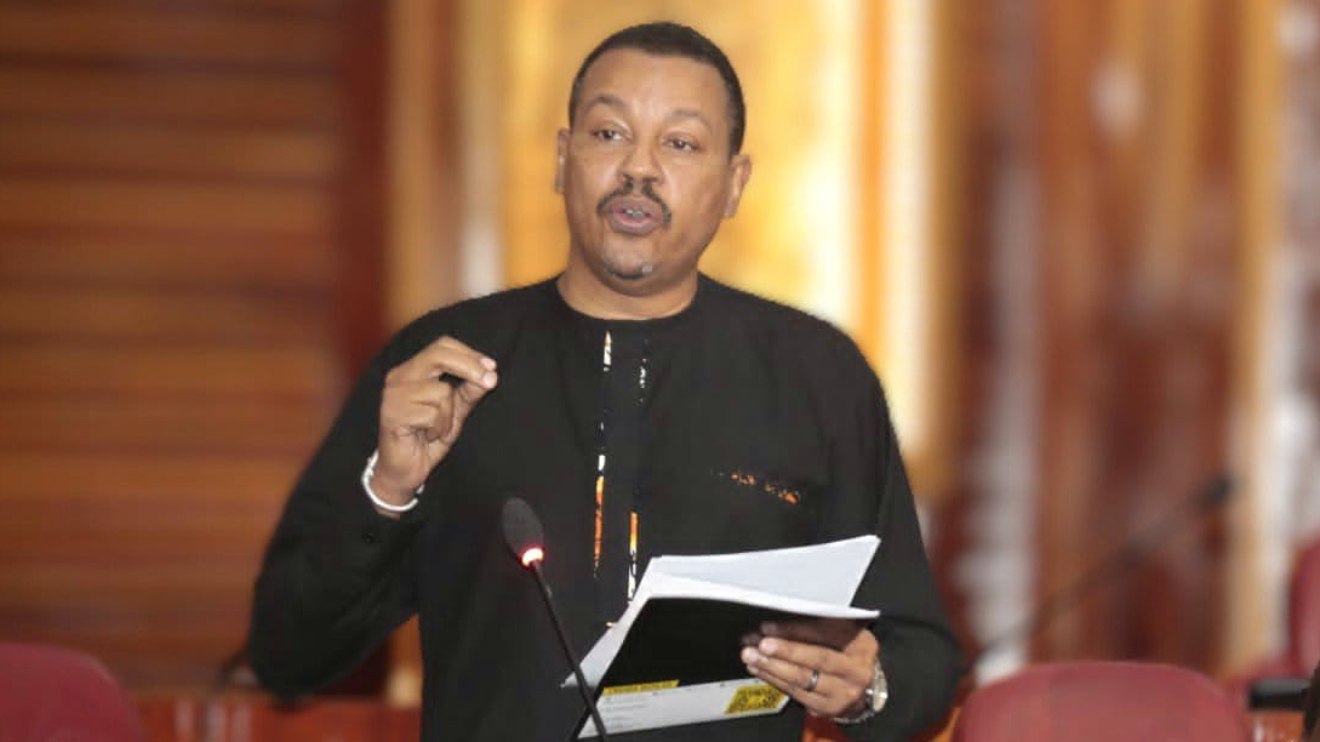
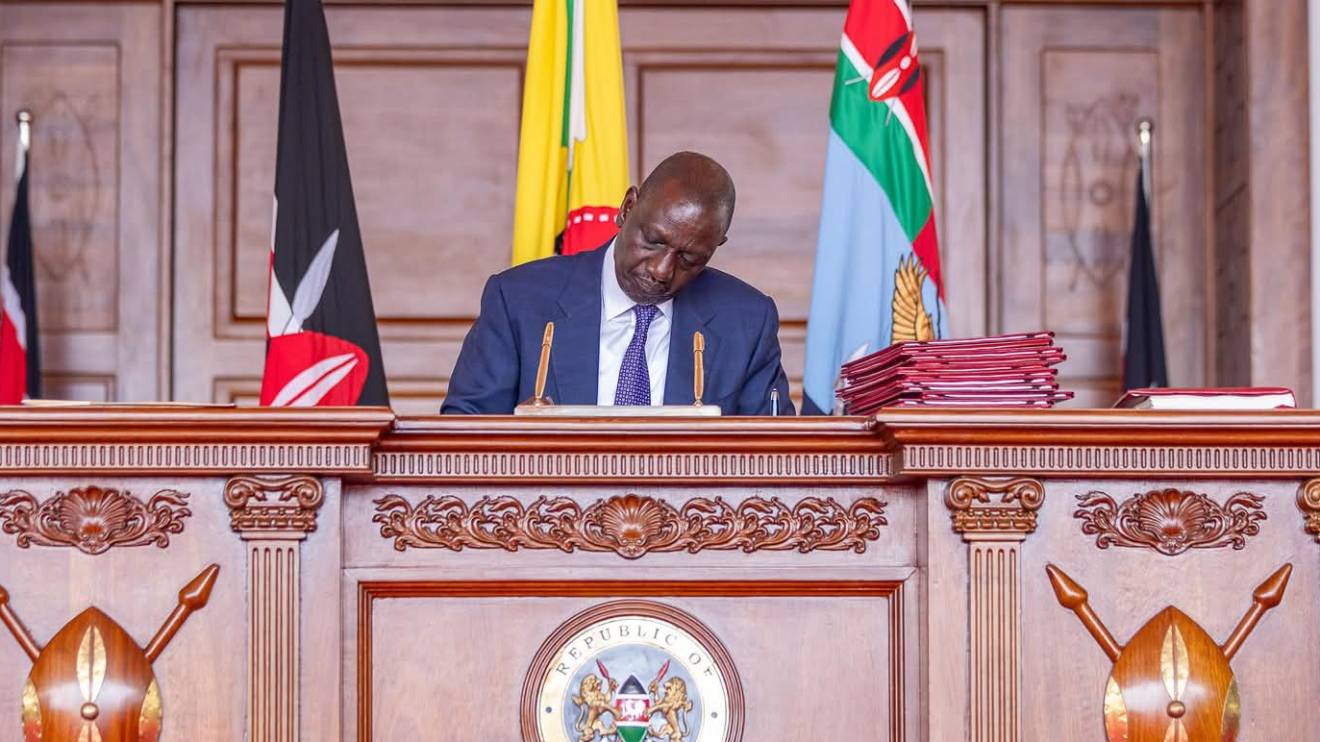

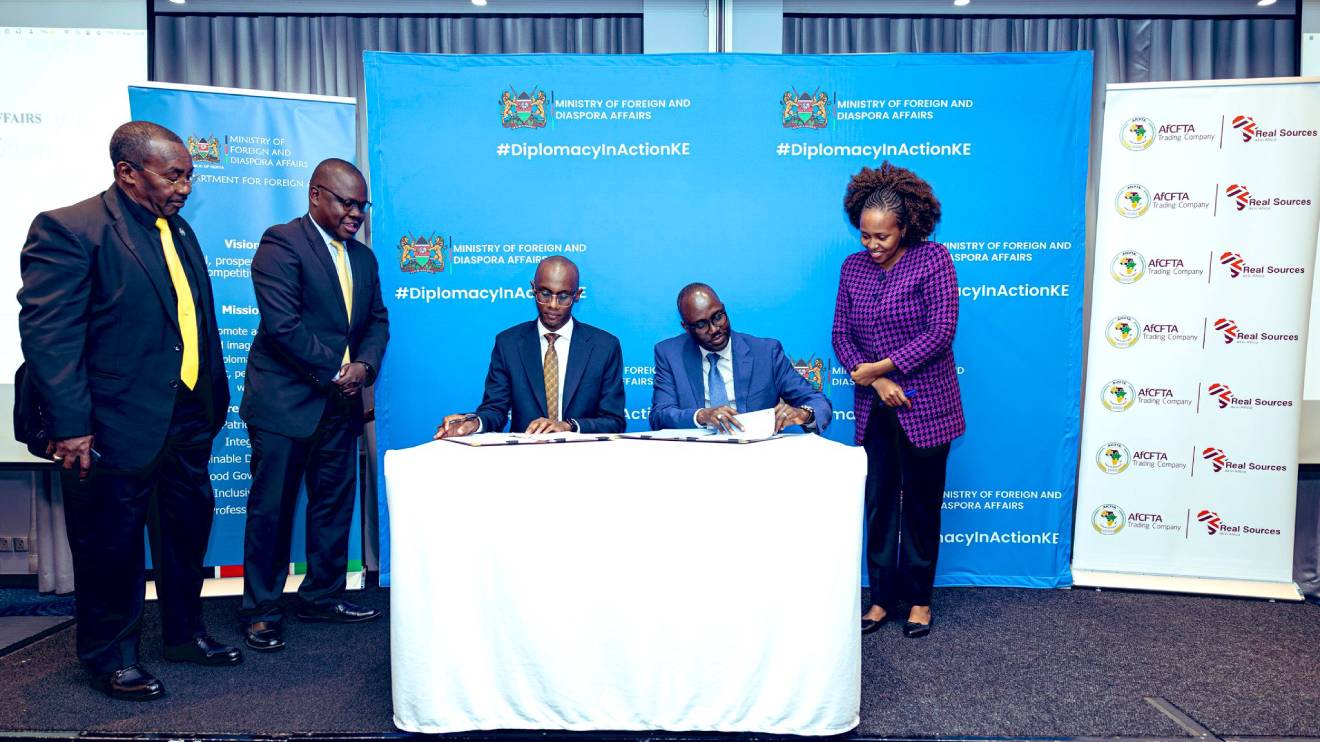
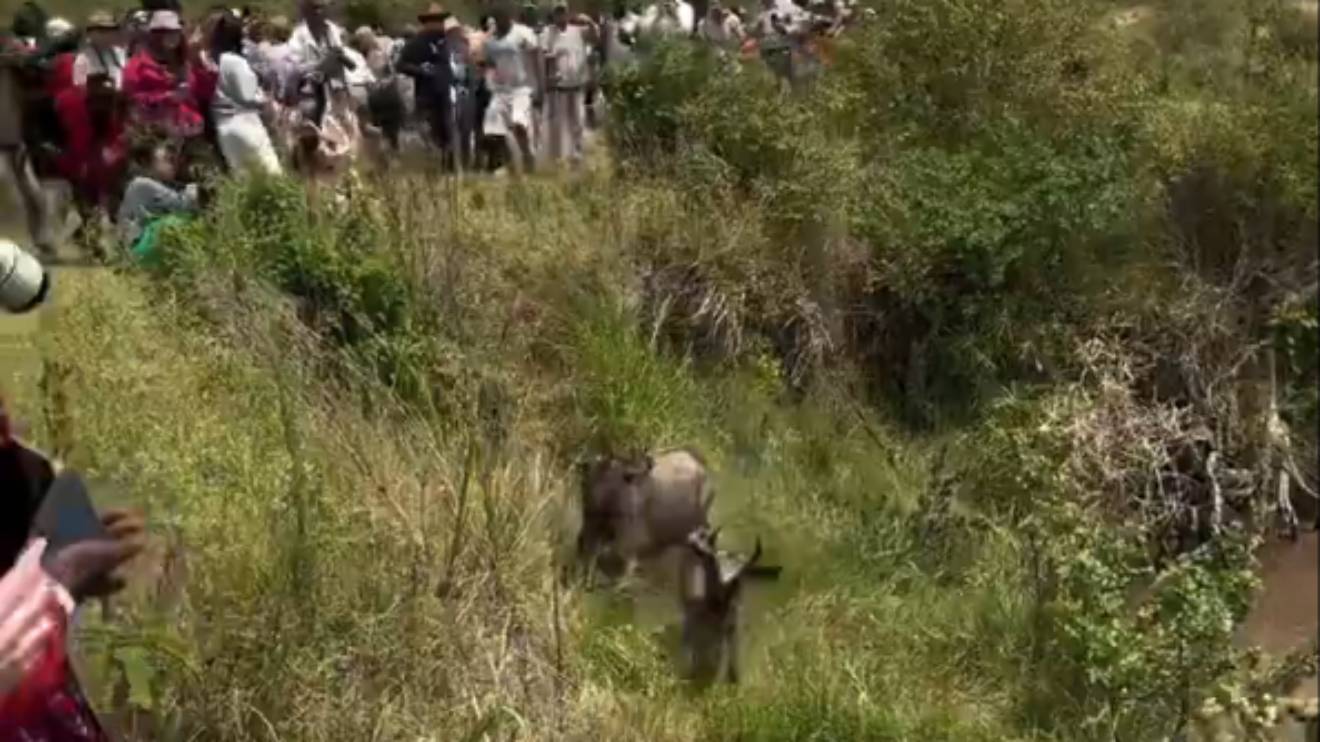

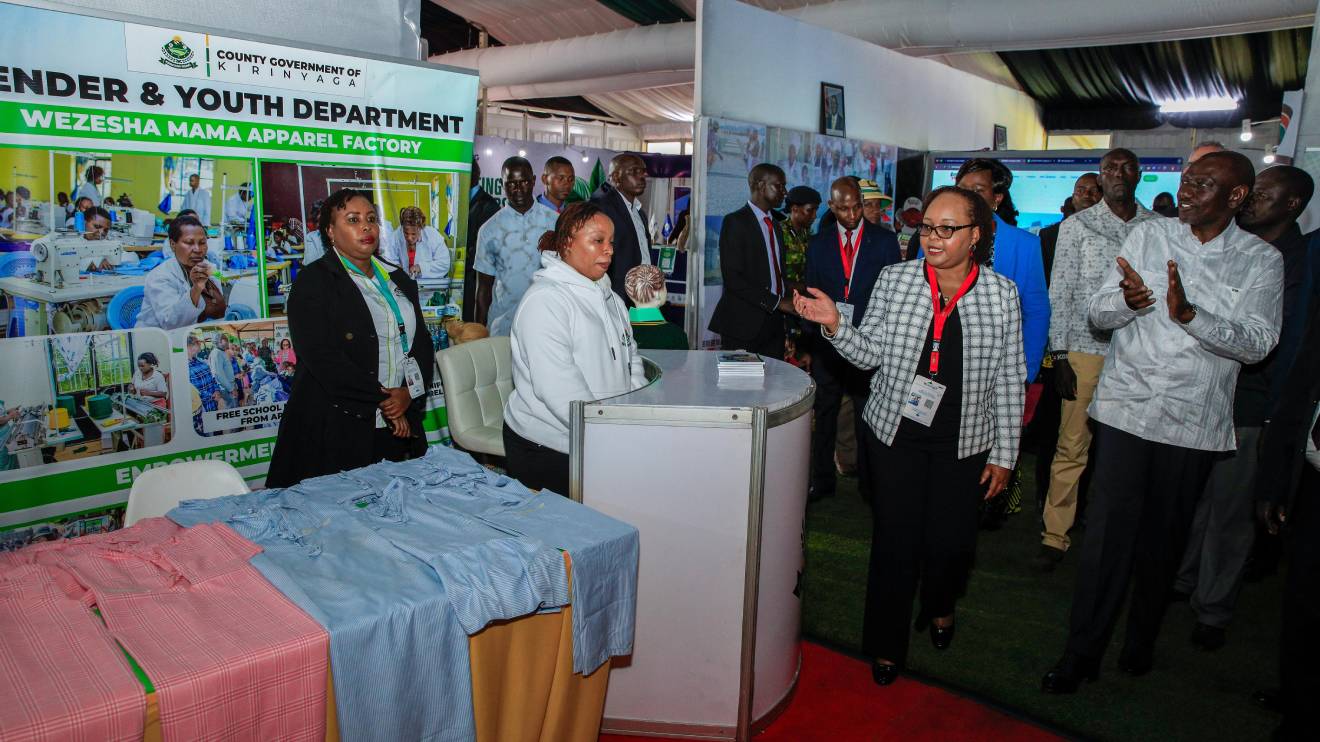
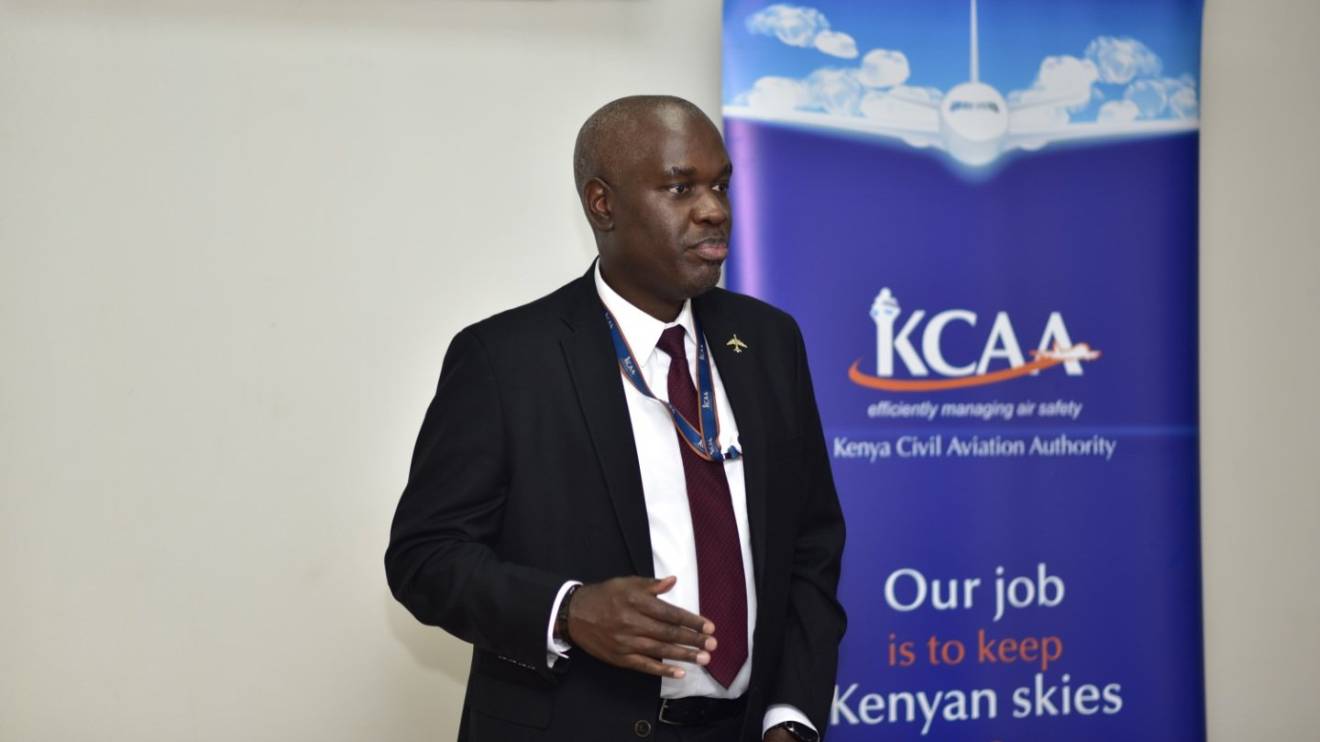
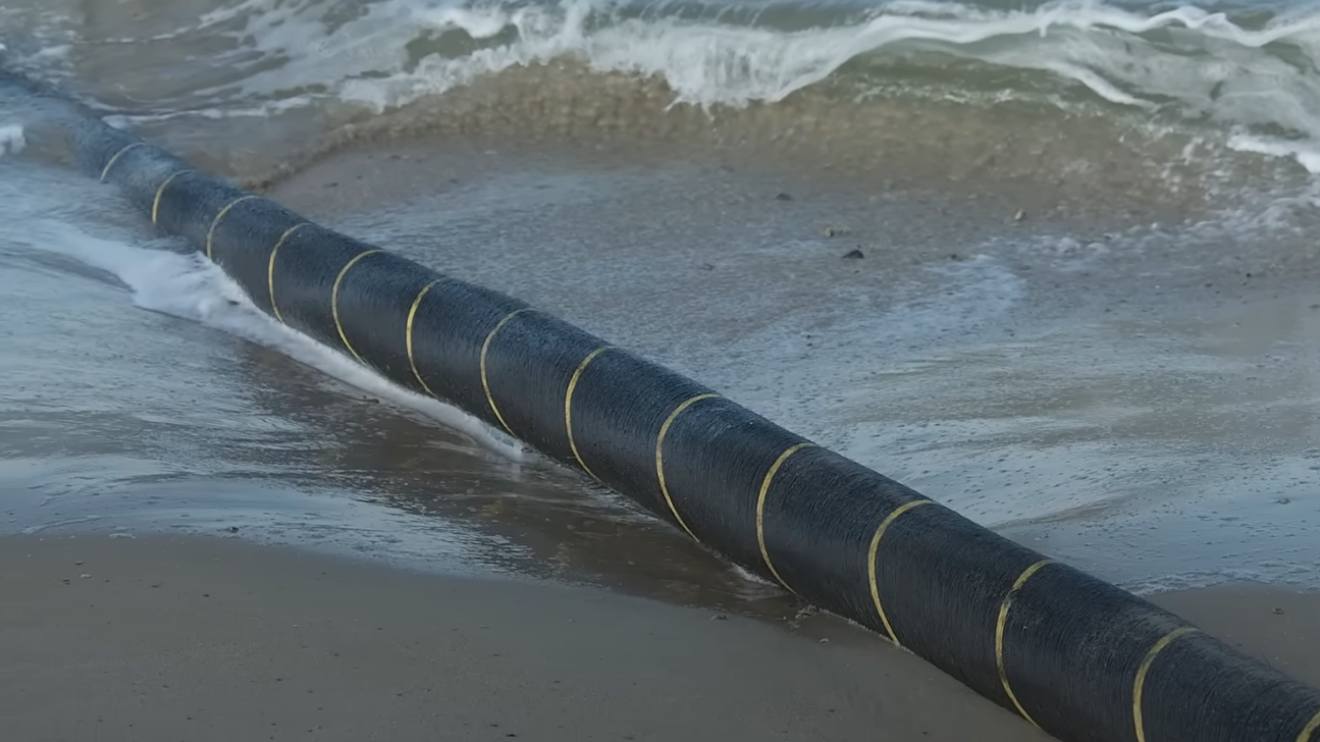

-1756110371.jpeg)